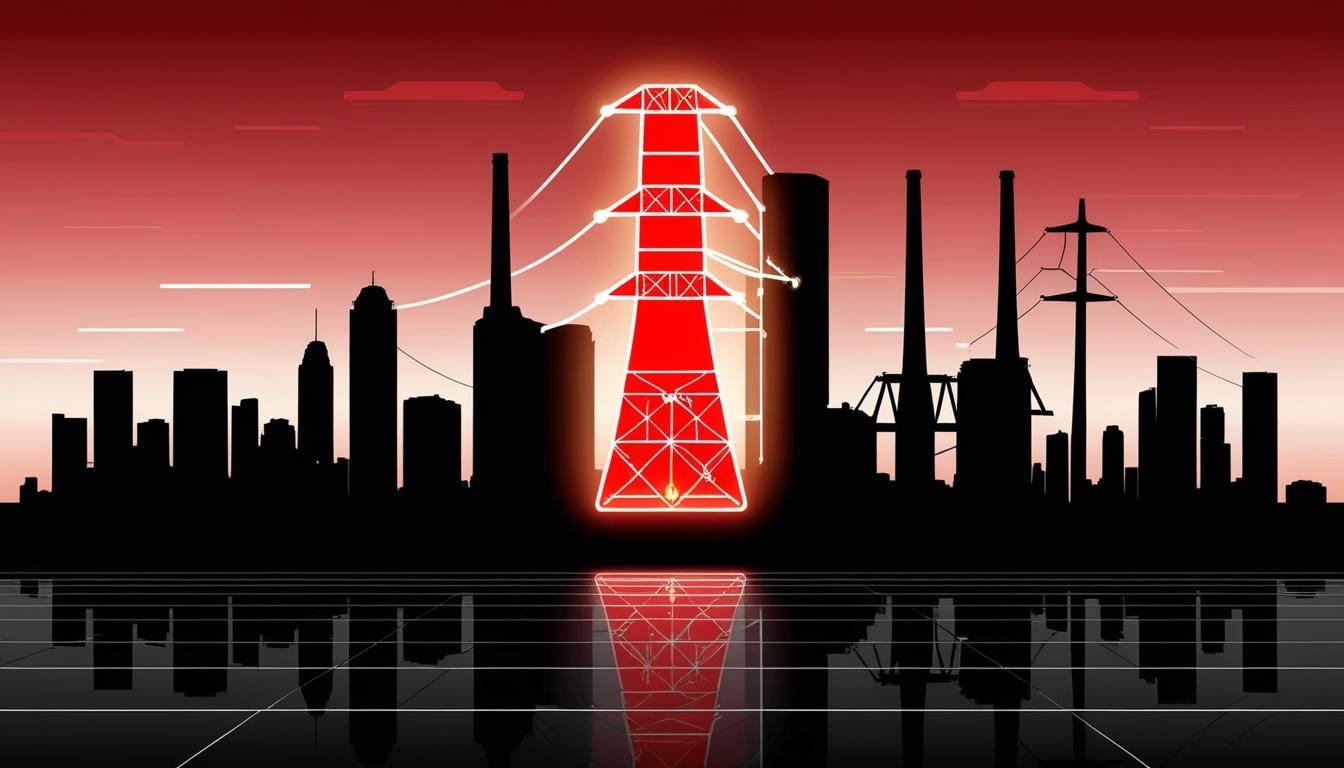In an assessment of emerging trends in the energy sector, industry experts from CPower Energy, Wärtsilä Energy, and BayWa r.e. have shared their insights on the pivotal changes expected in 2025, particularly relating to the interplay between artificial intelligence (AI) and energy infrastructure. The discussion highlights the growing importance of virtual power plants (VPPs), energy storage, and renewable energy technologies as countries work towards ambitious climate targets.
Mathew Sachs, Senior Vice President of Strategy & Product at CPower Energy, emphasised that the driving force behind VPPs will be the increasing load demands from AI and data centres. "AI is like a modern-day Manhattan Project," Sachs stated, underscoring the urgency for the United States to establish leadership in this domain for both security and economic reasons. He indicated that the federal government may need to step in to ensure a reliable power supply to support the surge in AI technology.
With an existing electrical grid struggling to meet evolving needs, Sachs noted the potential limitations faced due to transmission and distribution constraints. “Wherever the supply comes from, we will have to deal with transmission and distribution constraints within the existing grid infrastructure,” he explained. As obtaining new infrastructure is a slow process, he advocates turning to VPPs as a practical solution capable of addressing immediate demand increases.
Ken Schisler, Senior Vice President of Law & Policy at CPower, highlighted the often-overlooked role of data access in promoting the growth of VPPs. He remarked that enhancements in data accessibility, through the efforts of states and the Federal Energy Regulatory Commission (FERC), could allow VPPs to expand more effectively across the nation. However, he also cautioned about the challenges posed by regional transmission organisations (RTOs) and independent system operators (ISOs), which may hinder participation from distributed energy resources as envisioned under FERC Order 2222.
Andrew Tang, Vice President of Energy Storage and Optimization at Wärtsilä Energy, provided insights on the transformation in energy storage projects. Anticipating a continued increase in the scale of these projects, he said, "Energy storage systems will continue to be increasingly geared towards energy shifting." This shift is responding to the growing reliance on intermittent renewable energy sources. Tang pointed out that as these energy storage systems move closer to urban areas, considerations around noise mitigation and fire safety will become progressively important.
In a broader context, Daniel Hölder, Head of Global Policy & Markets at BayWa r.e., addressed the urgency of climate action as 2024 approaches. He remarked on the challenges faced in aligning global efforts against climate change, especially following the mixed outcomes of COP29. However, Hölder also highlighted positive developments, such as the European Union's commitment to climate neutrality by 2050 and the UK's goal to reduce emissions by 81% by 2035. He advocated for a shift in narrative towards exploring the opportunities that arise from tackling climate change, emphasising a collective need for decisive action among global leaders and policymakers.
As the energy sector continues to evolve in response to technological advancements and climate challenges, the insights provided by these experts suggest a transformative path ahead, where AI, energy storage, and renewable resources are set to play crucial roles in navigating future energy landscapes.
Source: Noah Wire Services
